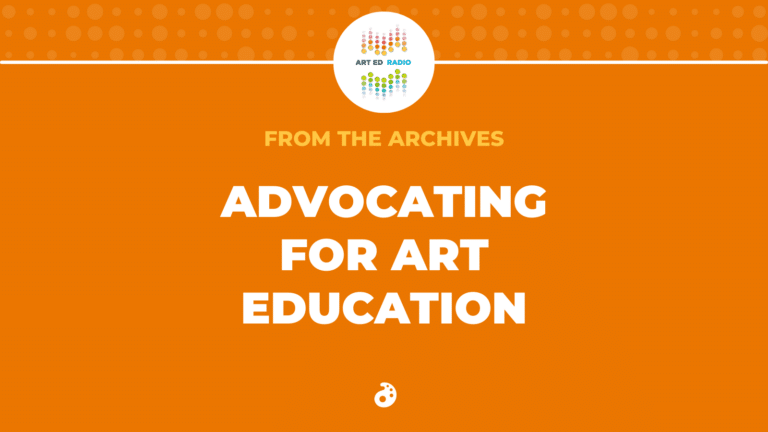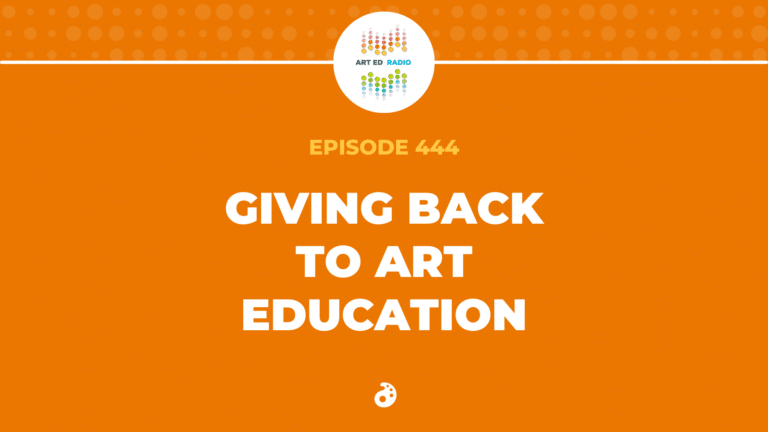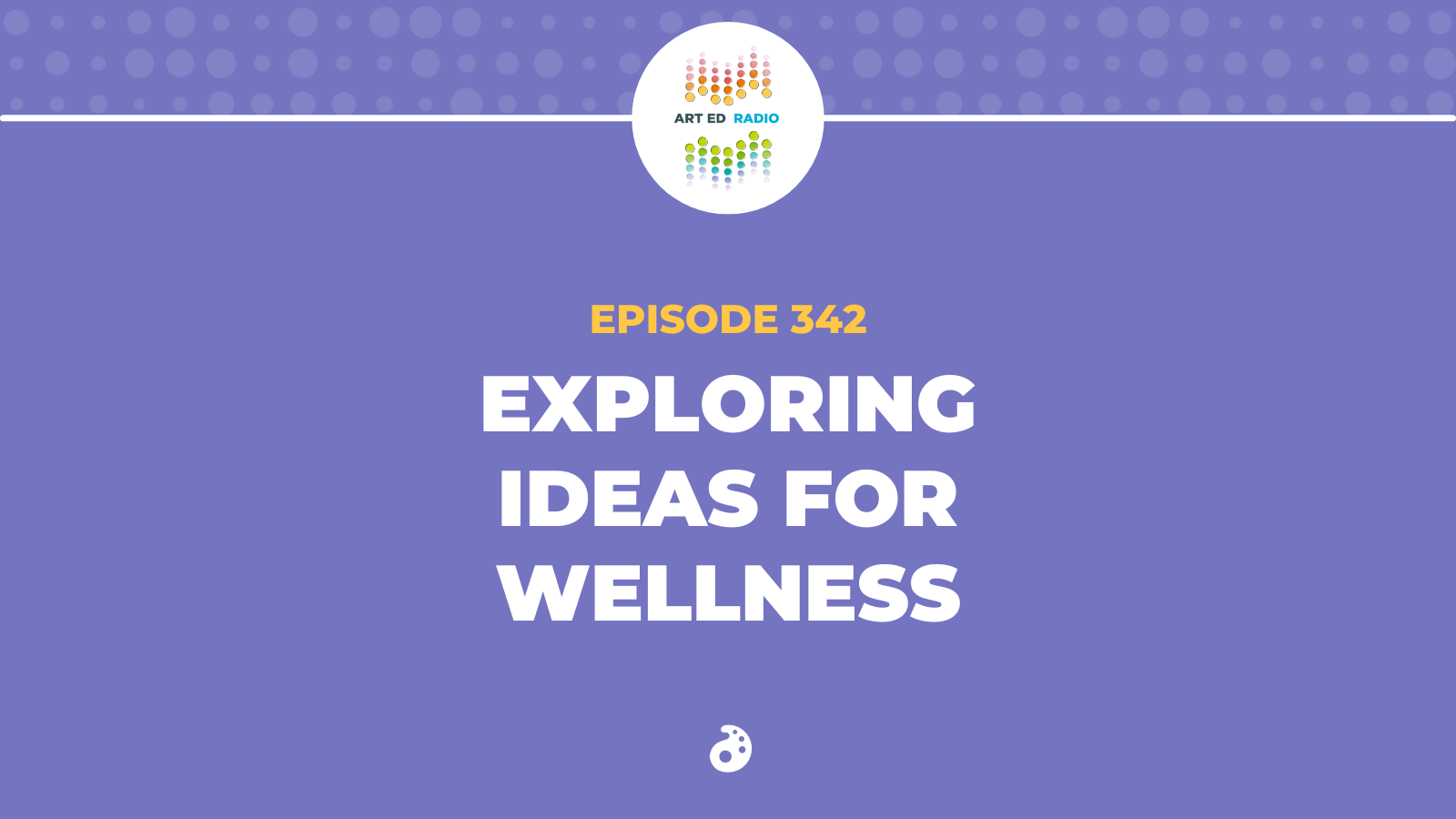Related

Podcast
The Hottest Takes in Art Education (Ep. 476)
Get ready for one of the spiciest episodes of Art Ed Radio yet! Tim Bogatz is joined by Amanda Heyn...
Learn More

Podcast
Art Show Secrets (Ep. 459)
Continuing on with the Youth Art Month discussions, Tim invites the stars of AOE’s Art Show Secrets on the podcast...
Learn More

Podcast
From the Archives: Advocating for Art Education
In this episode from the archives, Dr. Theresa Haugen, curriculum specialist and associate professor at AOEU, joins Tim to discuss...
Learn More

Podcast
Giving Back to Art Ed (Ep. 444)
Kyle Wood is back on today’s episode to talk with Tim about how we can give back to the field...
Learn More

